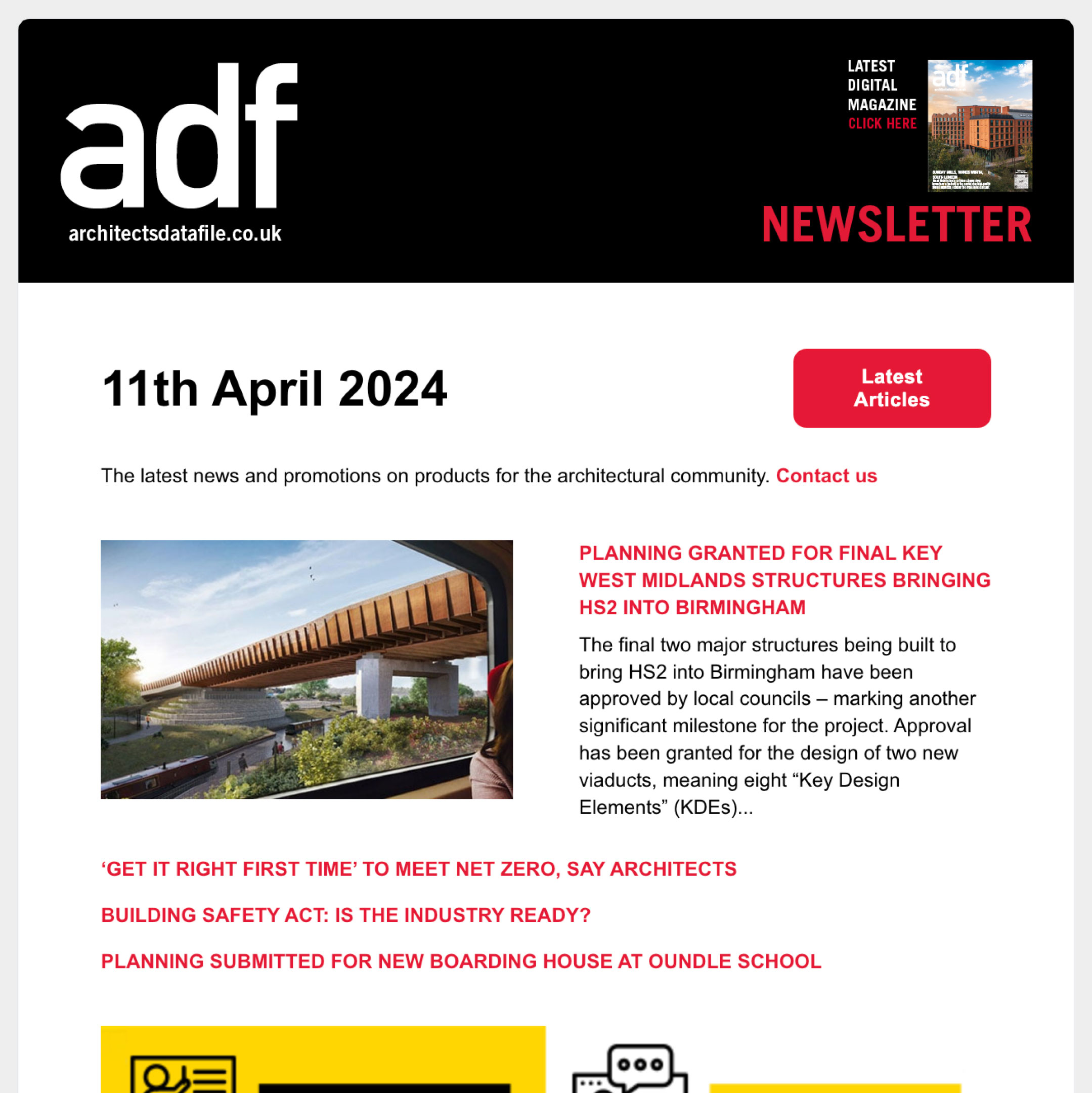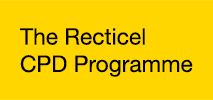The construction industry is becoming one of the fastest growing industries on the market due to the rapid increase in demand for construction services. As more projects call for qualified contractors – and the scope of the project becoming more specific – the need for a better construction workforce is on the rise. Unfortunately, experts are also predicting a shortage in skilled workers across the industry.
For construction companies, now is the best time to start investing in the construction team they already have. Rather than relying on external workers or recruiting skilled ones, more and more businesses in the industry are investing in new workers and expanding their in-house teams.
This is a route worth considering for your construction business too. We have, for example, the National Vocational Qualifications (NVQ) providing the standards needed by workers to advance. There are a lot of training programs available too, including level-specific programs designed to help workers become an essential part of the team.
Getting Started
Getting started with building a resilient team that will withstand the challenges of this growing industry is a challenge of its own, but it is a challenge worth facing for the long-term benefits you get in return. The whole process starts with identifying (and getting to know) the talents you already have within the team. It also means recruiting additional talents as needed, especially talents that are not specifically skilled.
The identification process is an important part of this phase. The goal of getting to know existing and new team members is so you can plan the right training programs that will take their skills to the next level. This, of course, means aligning the training programs with business-specific objectives; we will get to that later in this article.
Finding NVQ training programs is a lot easier now that you have resources like findcourses.co.uk at your fingertips. This site grants access to hundreds of NVQ training suppliers of different levels, and training courses for specific skills are also available. With findcourses.co.uk, you will find individual training and programmes designed for the entire team, with varying lengths and specific objectives.
The Business Objectives
The goal is building a resilient team and beyond. But before you can do that, you have to set – and fully understand – the business objectives that need to be achieved. Do you want a team that can execute your best designs? Do you have a specific field in construction that you want to focus on? Will the team members supervise other workers as they get involved in projects?
The more you understand the business objectives, the better you can invest in people development. If your construction company handles a specific type of projects, for instance, it is possible to focus on training programs in select categories. Programs on tools and equipment, plumbing, SMSTS, and carpentry are meant to take workers to a specific NVQ level while remaining consistent to the field. The programs also vary in terms of structure and the end objectives they are designed to achieve.
NVQ programs are the preferred professional qualifications among UK employers because they follow strict standards. This means workers who are already at a certain level can continue with the more advanced courses rather than having to redo the entire program from the start. Those with no NVQ training, on the other hand, can catch up by completing the initial levels.
Train and Evaluate
Evaluation is a big part of building a strong team that can support business growth. It is not uncommon for workers to develop interests, new time-saving measures, and insights from their experience working on actual projects. Doing regular reviews and evaluating the progress of team members will help you plan for future trainings accordingly.
That is the essence of a good people development program. Employee training is never a one-time thing. To build a resilient team for your construction business, you need to invest in people development as a continuous program. We now have a vibrant industry where new technologies and approaches get introduced regularly, making continuous development that much more important.
Regular evaluations also bring one additional benefit: better understanding of the overall efficiency of workers. With the market being as competitive as it is today, efficiency provides the ultimate competitive advantage. With an efficient team that knows how to get the job done properly, you have that extra flexibility to use when competing with other construction companies on the market.
Create a Balanced Relationship
From the workers’ point of view, employee training is not always seen as a good thing. While they may be encouraged to grow, many – especially those who have been in the construction business for a while – may be reluctant to accommodate the programmes provided to them. This is a challenge that can be solved through a more balanced, mutually-beneficial relationship.
NVQ training needs to be provided as part of the job rather than as an add-on. The training itself must be integrated well into the working environment so that workers don’t end up feeling like they have more responsibilities to bear. In fact, workers need to be assisted when it comes to keeping the training and the projects that they handle manageable.
It is up to the company to create a more balanced relationship. Remember that the training programmes are not only good for the company and its growth, but also good for the employees. NVQ training is the preferred qualification for many employers, so the extra training that workers receive also boosts their value on the market.
That brings us to our final point, which is….
Follow Through on the Relationship
You must have heard stories of how workers leave to work for a better company after completing their training programmes. Many companies in the construction industry started imposing requirements and terms to workers who were given additional training, all in an attempt to avoid losses and maximise the return on investment.
These are approaches that your construction business can take too, but they are not necessarily the best approaches in today’s climate. Rather than forcing workers to go through training programmes and staying for a certain period of time afterwards, it is much more effective to review the talents with potential and work on establishing better relationships with them.
The training should be an incentive, not a burden. When great talent appears in the workforce, the best way to reward them is by helping them grow alongside the company. This also means allowing them to push their careers within the team further and giving them more responsibilities. After all, this is how you really maximise the ROI of people development.
Apprenticeship
While NVQ training is great for equipping workers with the specific skills they need, they are not the only method to create a resilient team. Workers also need to learn on the job to really sharpen the skills they have picked up, which is why apprenticeship is the final piece of the equation.
Apprenticeship and training go hand in hand in creating a team that can withstand even the most complex challenges on the market and in the field. A strong team will act as the foundation of your construction business and its growth. Everything else will fall into place, allowing your construction business to fully benefit from the rapid but sustainable market growth and the wealth of new opportunities we are seeing today.





